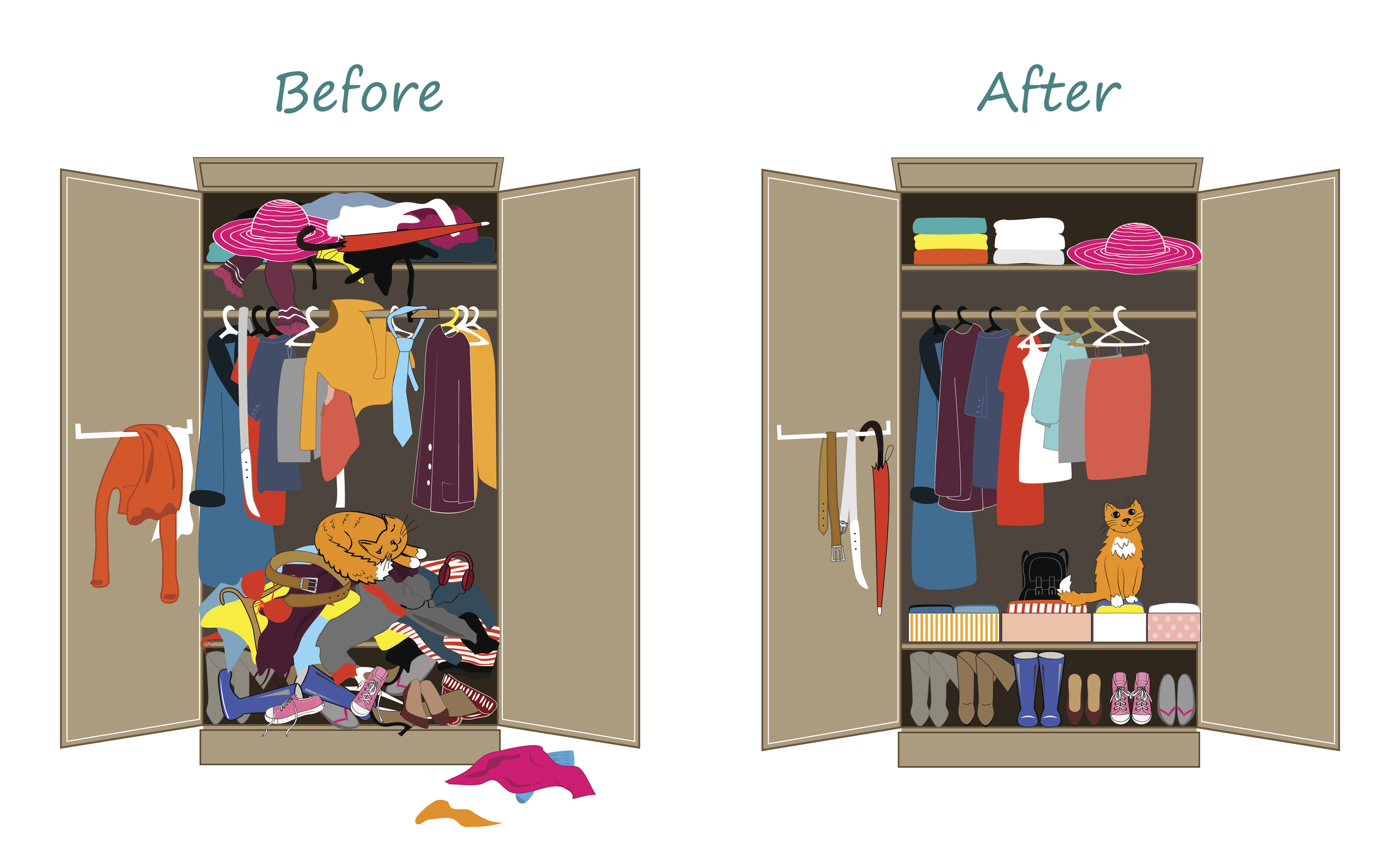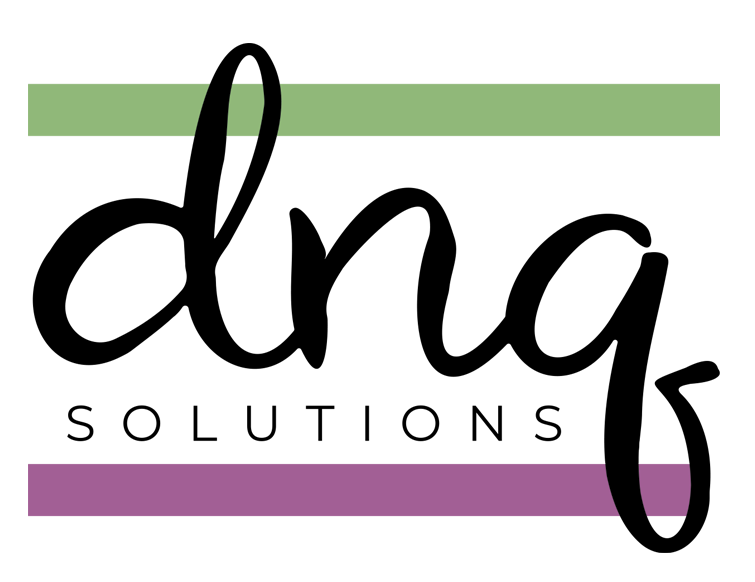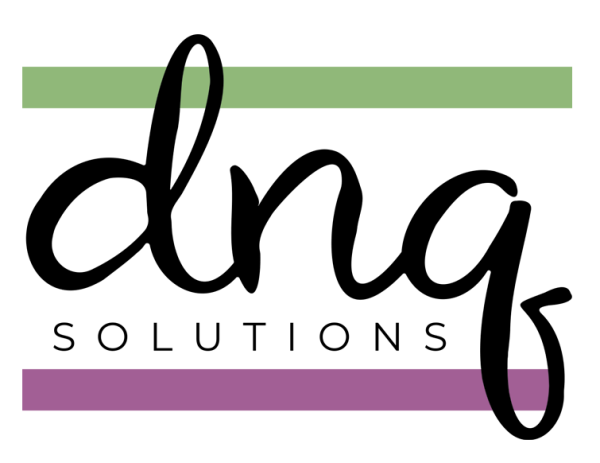
I am a professional organizer and have been in business for 18 years. As such, I can honestly say that most professional organizers do so much more than organize a space. We actively listen to our clients and guide them to discover ways in which they can have a more balanced and productive life. How do we do this? Each professional organizer will go about it differently. I start by learning more about my clients’ current habits and routines. Here’s a review of what I and the trained professional organizers I know do as they work with their clients to transform their spaces and cultivate healthy habits and routines.
Cultivate healthy habits and routines
Assessment and Goal Setting
It’s important to start by asking some leading questions to learn more about my clients’ current habits and routines. I want to know what their habits are and what is not working for them. We talk about the sticking points, the things they like to do, and the ways in which they would like to use the rooms in their home. Then I work with my clients to set specific, achievable goals for organizing their space and time effectively.
Decluttering and Organization
My clients and I work together to determine which spaces are most important to declutter and organize first. By decluttering and organizing the physical environment, the organizer helps create a conducive space for developing new habits. A tidy space reduces distractions, makes it easier to find what you’re looking for, and makes it easier to focus on tasks.
Creating Systems
Professional organizers assist in developing systems tailored to the client’s needs and lifestyle. This includes setting up efficient storage solutions, labeling items, and establishing routines for maintaining organization. We can often use (or repurpose) things the clients already have when we create storage solutions. I always ask my clients to wait before buying organizing and storage solutions. It’s fun to go shopping for those accessories. However, it’s more practical and efficient to first identify what you need to store, the size of the product you need, and where you intend to keep it before shopping
Time Management
Organizers help clients manage their time better by creating schedules and routines. This involves prioritizing tasks, setting realistic deadlines, and allocating time for essential activities such as work, self-care, and leisure. Clients are amazed by how much flexibility they gain when they understand the demands that are made on their time and how to use their available time more effectively.
Establishing Daily Routines
They assist clients in creating consistent daily routines that support their goals and priorities. This may include morning rituals, evening wind-down routines, and regular breaks throughout the day.
Accountability and Support
Professional organizers provide ongoing support and accountability to help clients stay on track with their habits and routines. We do this with regular check-ins, progress assessments, and troubleshooting sessions. These are essential elements to achieve long-term success. It’s common to create a relationship with your professional organizer much as you have with your dentist or doctor. Regular check-ins ensure the organizational system continues to meet the needs of the client.
Customized Strategies
Every client is unique, so as a trained professional organizer I tailor the strategies I create for my clients to their individual preferences, habits, learning styles, and challenges. Some of my clients have an additional challenge of being diagnosed with ADHD. Since I am an ADHD Organizing Specialist, I am aware of strategies that can help them be more in control of their things and their environment.
Education and Skill-Building
A trained professional organizer empowers their clients with the knowledge and skills needed to maintain good habits and routines independently. This includes teaching organizational techniques, time management strategies, and stress reduction methods. Life sometimes throws us curve balls which can make even the most organized person feel overwhelmed. It’s important to be able to rely on solid habits and routines which help the person feel more in control.
Lifestyle Integration
Lastly, trained professional organizers help clients integrate their new habits and routines into their overall lifestyle seamlessly. This involves aligning organizational efforts with personal values, interests, and long-term goals for sustained success.
Conclusion
By offering guidance, support, and practical solutions, professional organizers play a crucial role in helping clients create lasting positive changes in their habits and routines.
If you’re interested in cultivating habits and routines, please send me an email to schedule a free 30-minute phone consultation: dnqsolutions@gmail.com
Diane N. Quintana is the owner of DNQ Solutions, LLC. She is an ADHD Organizing Specialist, a Hoarding Specialist, and a Chronic Disorganization Specialist. Diane is also an ICD Master Trainer, Certified Professional Organizer in Chronic Disorganization, Certified Professional Organizer, and co-owner of Release Repurpose Reorganize LLC based in Atlanta, Georgia. She specializes in residential and home-office organizing.


I couldn’t agree more with this order. It is very important to spend the time with the client at first to understand their needs and their objective, and then comes our role to put it into action by giving advice and helping them create a a better and more efficient space for a better lifestyle.
Thank you, Janet.
I couldn’t agree more. And sometimes, we help with those habits and routines by validating their decisions to let many of them go.
Along with lifestyle integration, I’d say professional organizers also provide a reality check. So many times, for example, I’ll ask a client about possessions we’re working on, but a deeper dive shows that instead of finding a way to store or display the items, we should be talking more honestly about the rule these items play in a client’s present (rather than past). One client had an overwhelming supply of cookbooks, and we were working to reduce but her focus was almost entirely on display and was hedging my questions on which ones she accessed most often. Finally, her daughter popped in and she was prompted to relay that while she entertained a great deal in the past, it had been many decades since she’d cooked for more than one or two other people. Getting to the heart of the matter meant we could focus on the cookbooks that brought her the happiest memories and displaying them for her delight rather than trying to create a functional instructional library from an overload of titles.
Similarly, I’ve had clients who bemoaned trying to schedule all of their competing obligations, but once we got to the heart of the matter — which activities they actually liked, which brought value to them, which they were doing out of joy rather than outside pressure — we could eliminate the true excess and instead of having to carve out time from her personal life to fit everything in, she could start seeking relaxing activities to fill now-empty slots.
All of the benefits you list are apt, but sometimes, what an organizer brings to a client is the opportunity to say, “I don’t want to do what I’ve always done” and by validating their decisions (often when nobody else does), we empower them to create and take new paths. Thanks for painting what we offer in such bright light!
Thank you, Julie. I appreciate that you pointed out some of the in-depth conversations we have with our clients lead to terrific discoveries which enable our clients to lead more balanced lives.
This is so true. We do a large variety of things, not just come in and take over your space. I think it can be intimidating to bring in an outsider to touch and move your stuff. Fortunately, almost every organizer I know exudes compassion and kindness. We aren’t there to judge, just to help. I love being with my clients, and am happy to say that while I may be helping them learn about organizing, they often help me learn about their area of expertise. It’s such a POSITIVE PROCESS!
Absolutely, Seana! It is a relationship in which we learn from each other.
I love this post! It’s important to note that finding a P.O. who is an expert in the area the client needs is key to success. Also, I agree with doing maintenance at least a few times yearly to stay on track. Life changes, and so does the needs of your home.
Thanks, Sabrina! Check-ins are a wonderful way to stay in touch and on top of what needs to be decluttered or tweaked.
I love the two images at the top of the post. They remind me of Colorforms that I played with as a kid. I loved the ones that had room interiors. Who knew that decades later, I’d become a Professional Organizer?
The ‘before’ and ‘after’ images visualize the movement of things, which is an essential part of the organizing process. When clutter takes hold, things become static. There is no movement, no space. Yet after you go through the organizing process, as you so beautifully described, things open up—space, thoughts, time.
Your clients are so lucky to have your support and expertise.
Thank you, Linda! I played with colorforms, too and loved moving things around to make the area better. Maybe it was a way for me, like you, to practice?
Thanks for the great description of what Professional Organizers do. Organizing in a person’s home is a team approach. It is so important to involve the client every step of the way right through the maintenance plan.
Thank you, Jonda